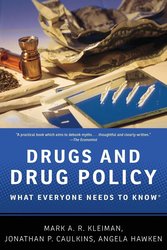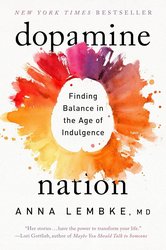The first literary addiction memoir, featuring the autobiographical Suspiria de Profundis , the inspiration for the 2018 horror film Suspiria , starring Dakota Johnson and Tilda Swinton and directed by Luca Guadagnino In this remarkable autobiography, Thomas De Quincey hauntingly describes the surreal visions and hallucinatory nocturnal wanderings he took through London—and the nightmares, despair, and paranoia to which he became prey—under the influence of the then-legal painkiller laudanum. Forging a link between artistic self-expression and addiction, Confessions of an English Opium-Eater and Other Writings seamlessly weaves the effects of drugs and the nature of dreams, memory, and imagination. First published in 1821, it paved the way for later generations of literary drug users, from Baudelaire to Burroughs, and anticipated psychoanalysis with its insights into the subconscious. This edition is based on the original serial version of 1821, and reproduces two “sequels”: Suspiria de Profundis (1845) and The English Mail-Coach (1849). It also includes a critical introduction discussing the romantic figure of the addict and the tradition of confessional literature, and an appendix on opium in the nineteenth century. For more than seventy years, Penguin has been the leading publisher of classic literature in the English-speaking world. With more than 1,800 titles, Penguin Classics represents a global bookshelf of the best works throughout history and across genres and disciplines. Readers trust the series to provide authoritative texts enhanced by introductions and notes by distinguished scholars and contemporary authors, as well as up-to-date translations by award-winning translators.






